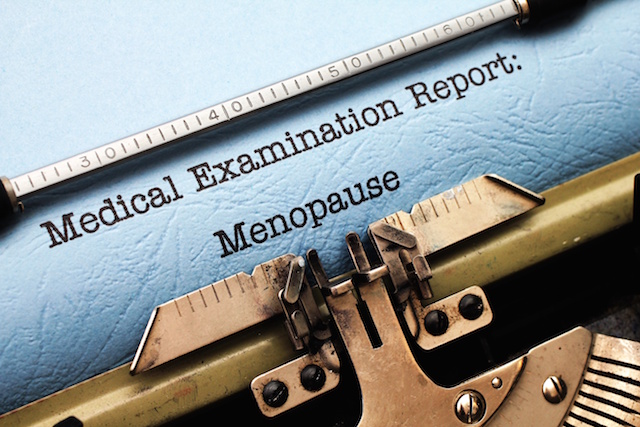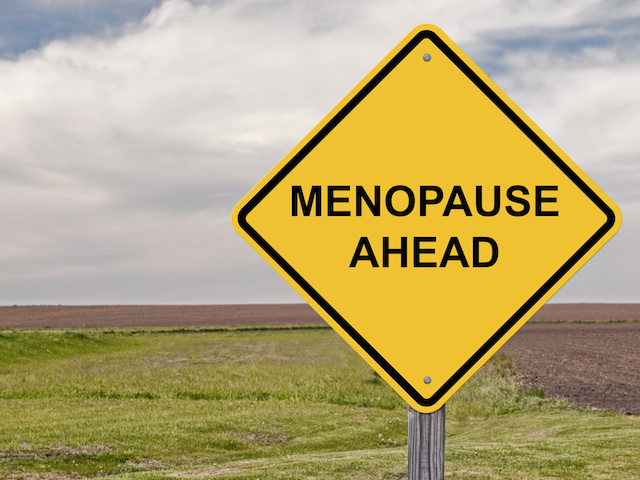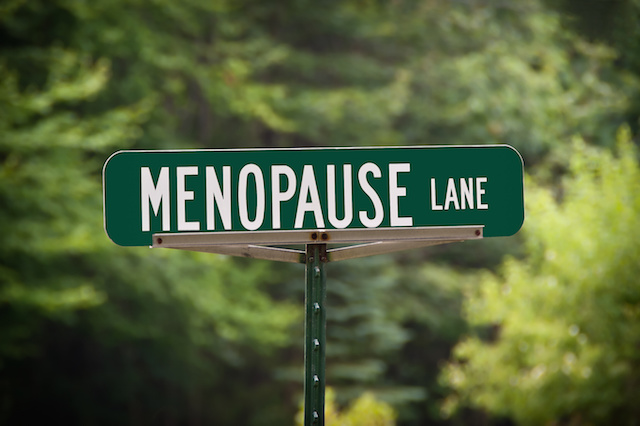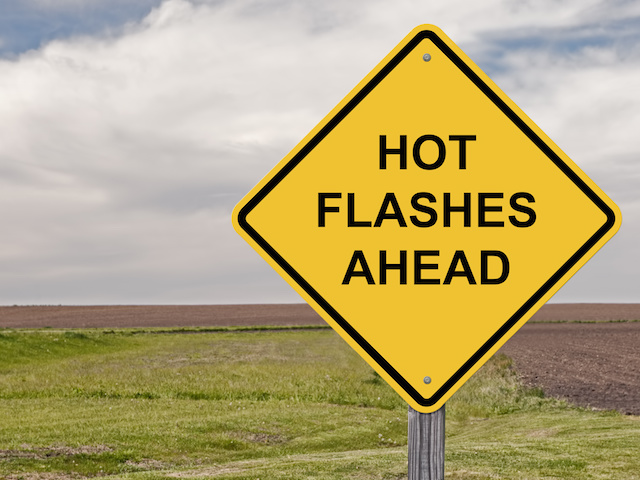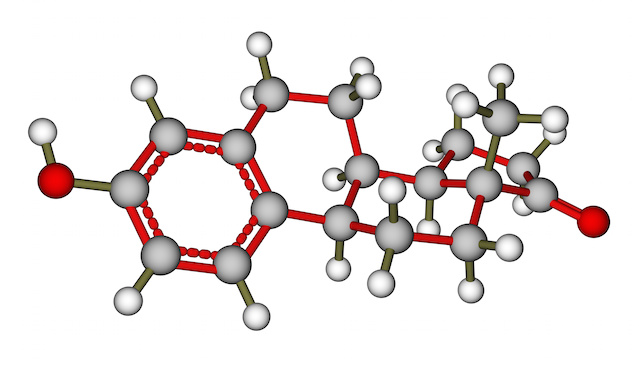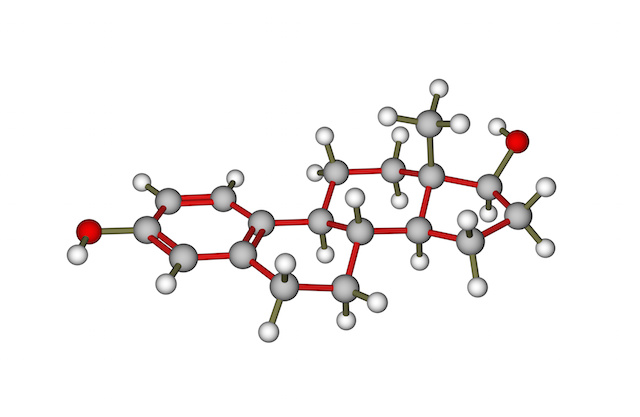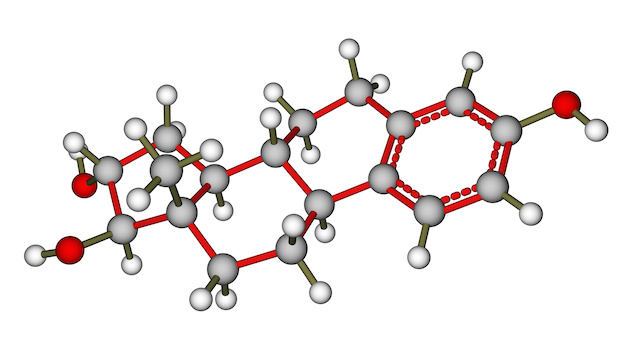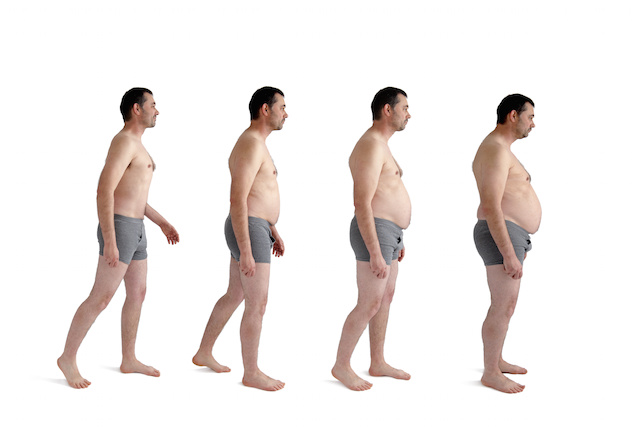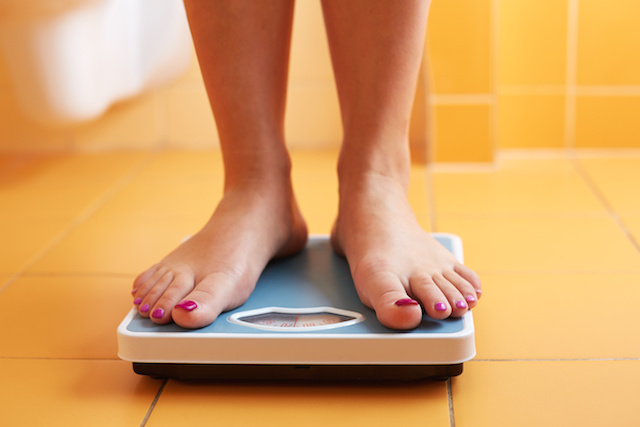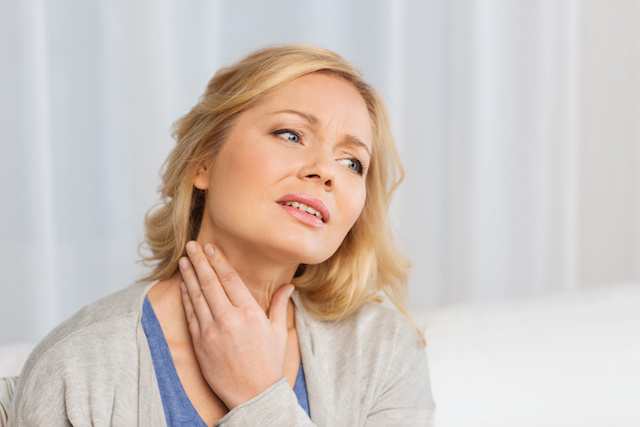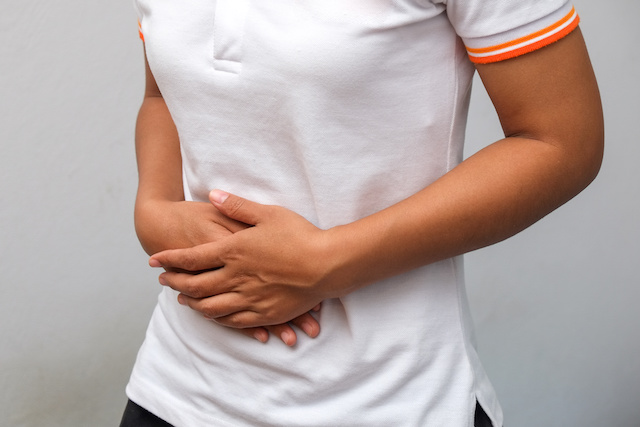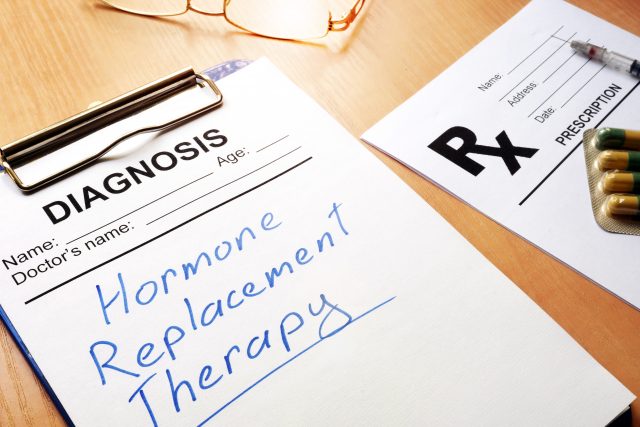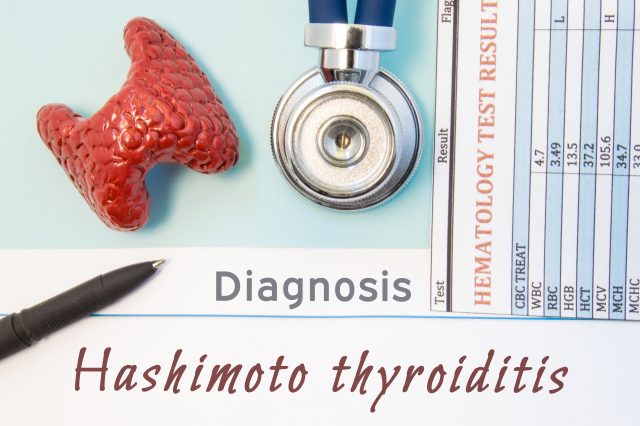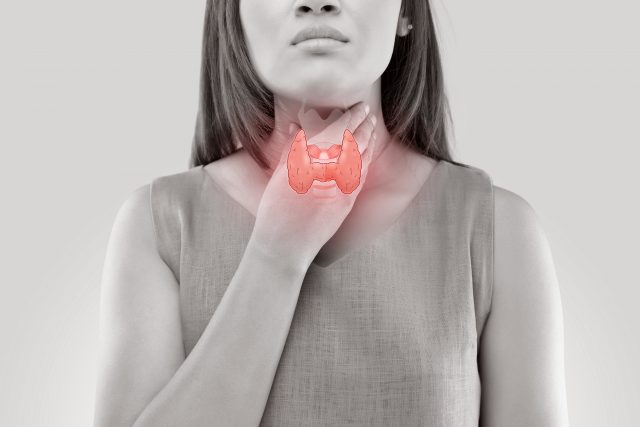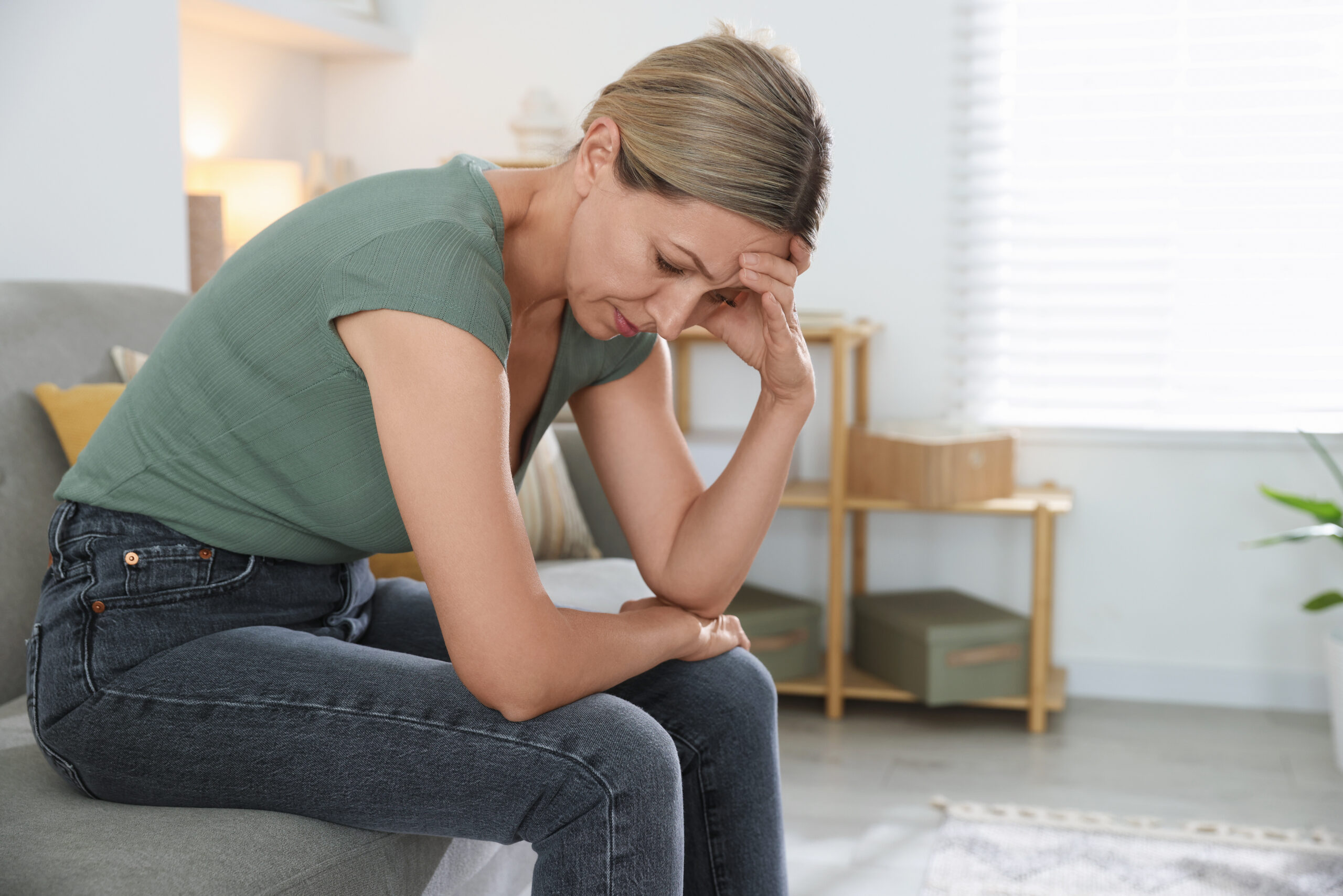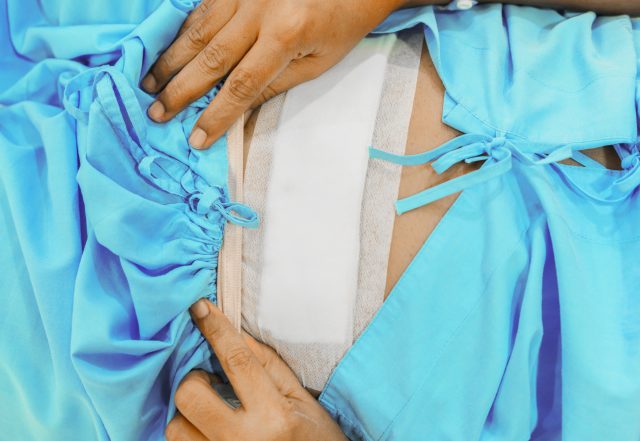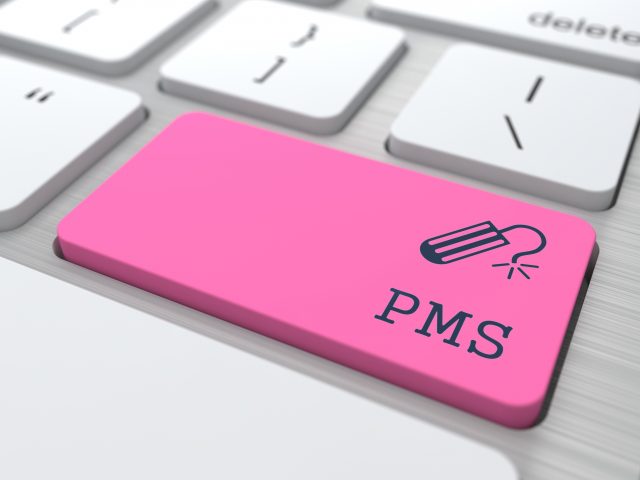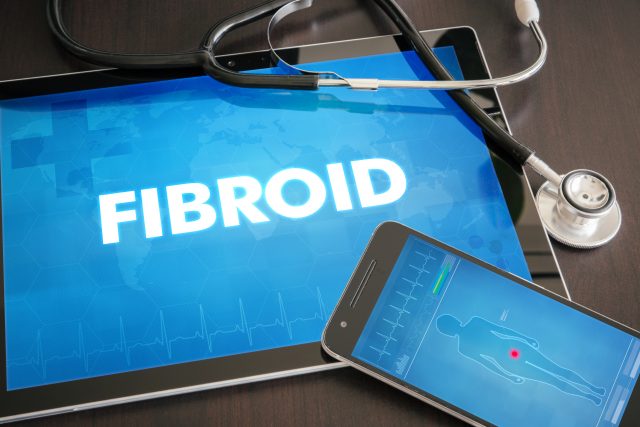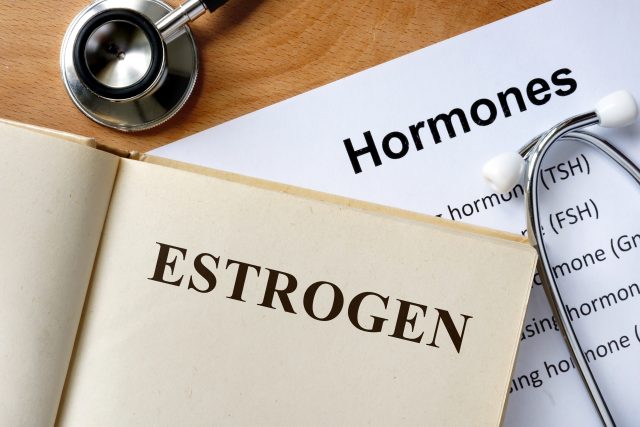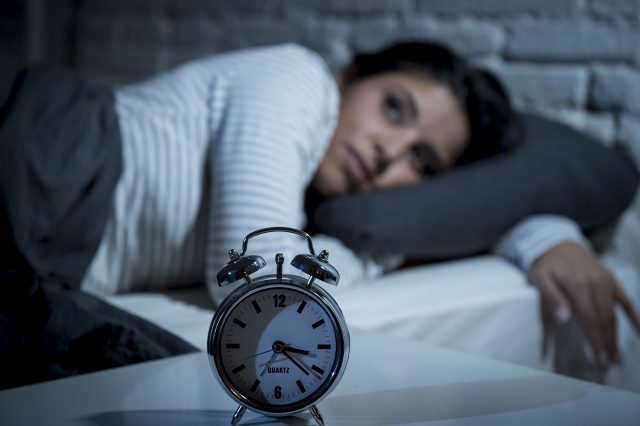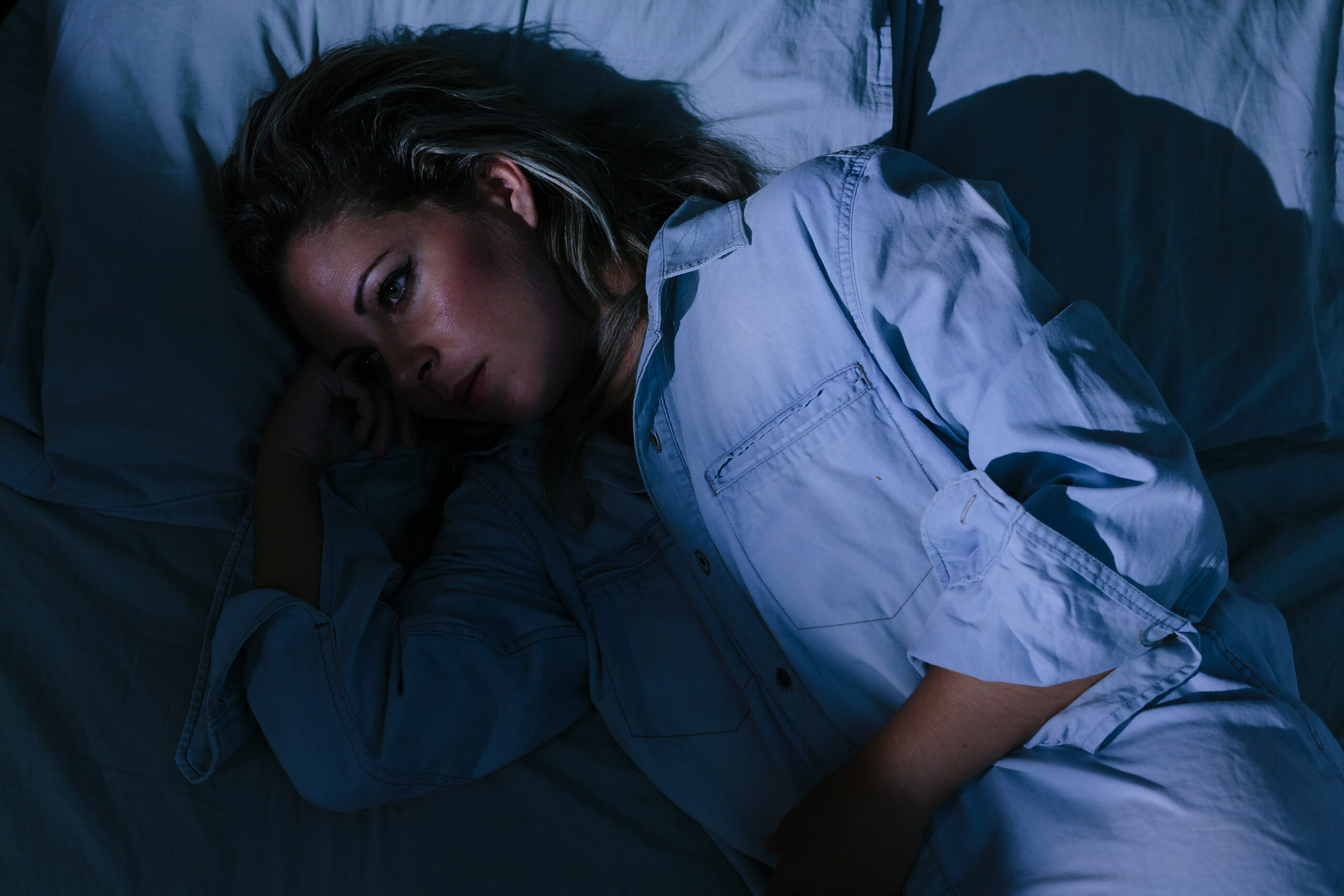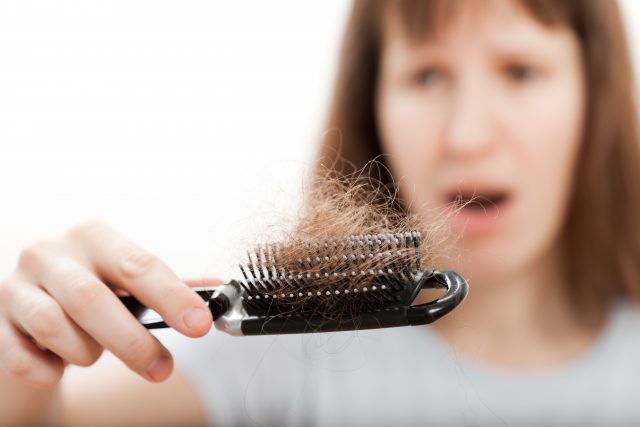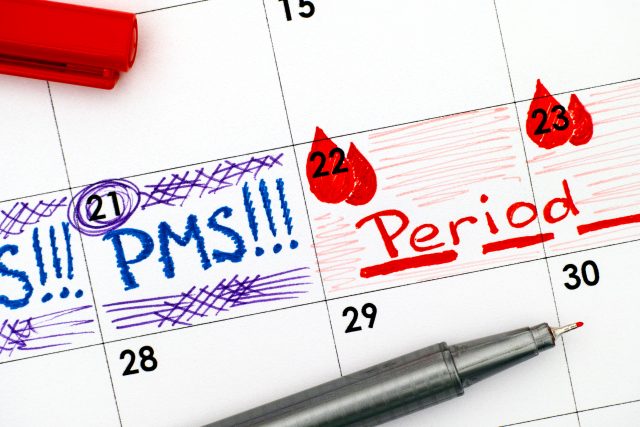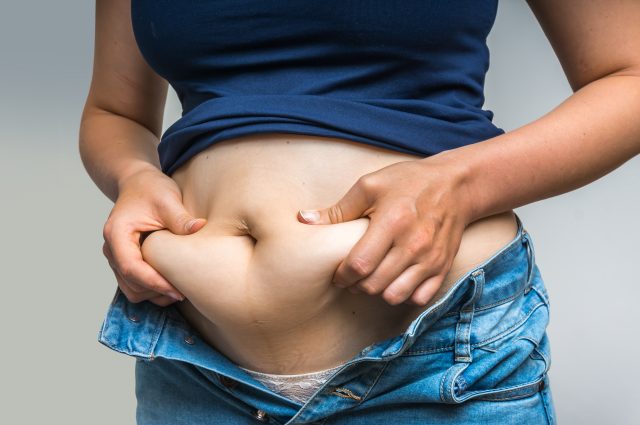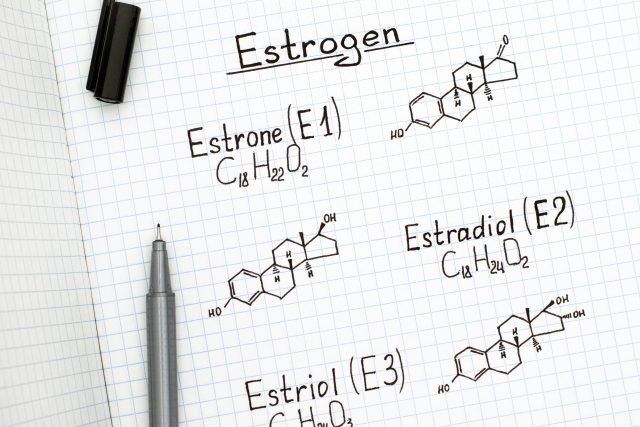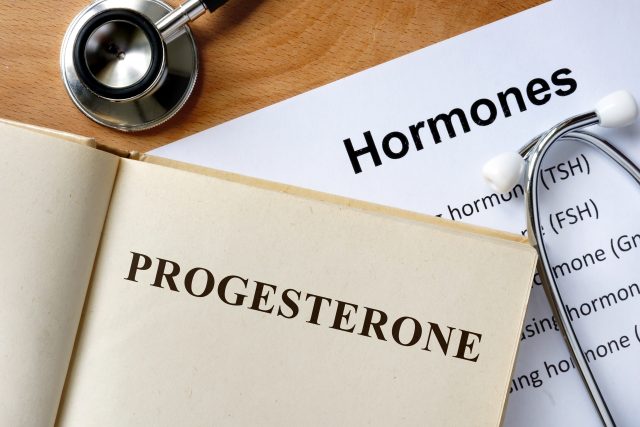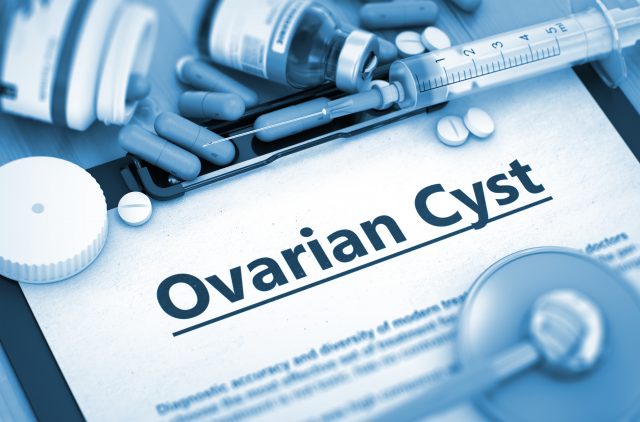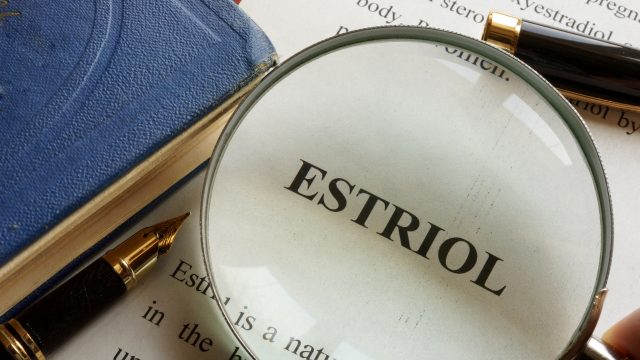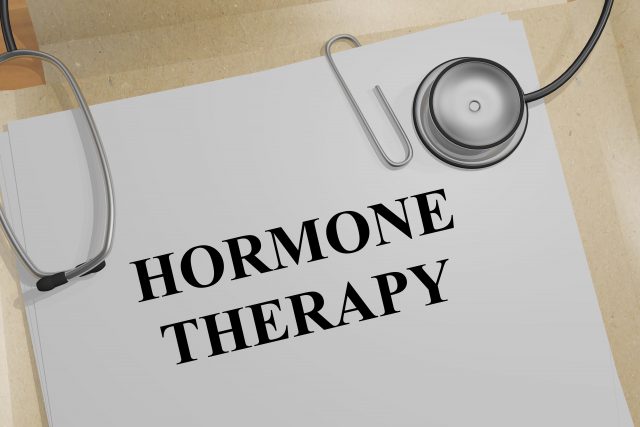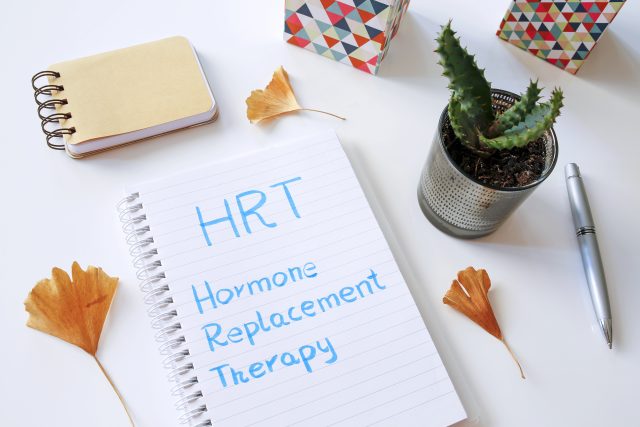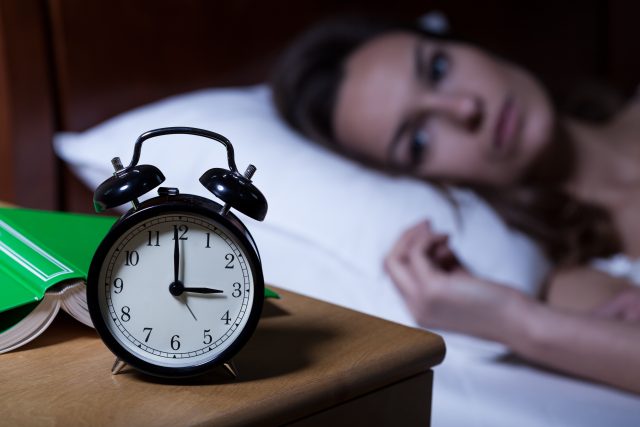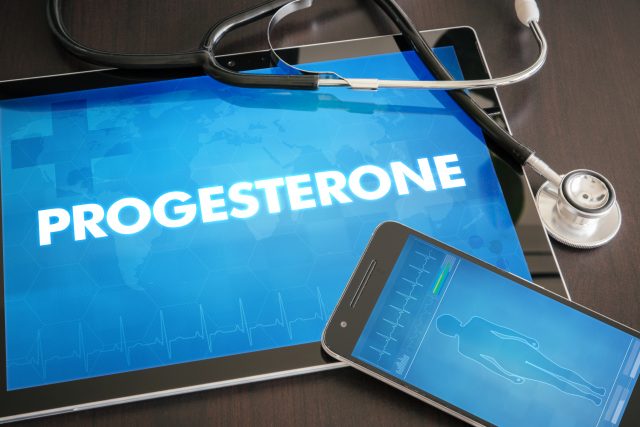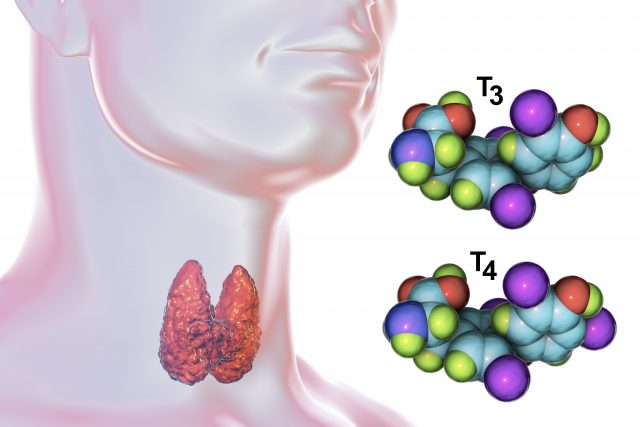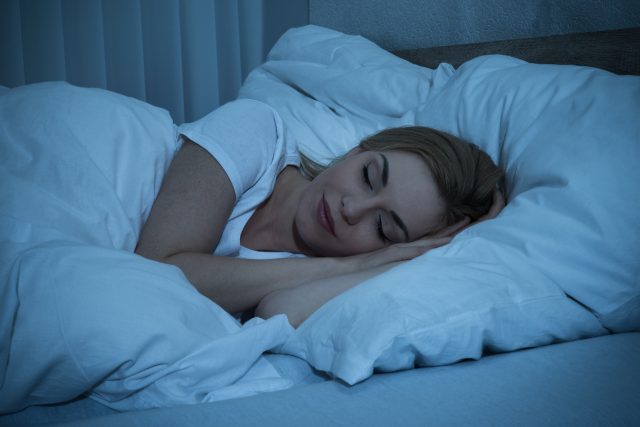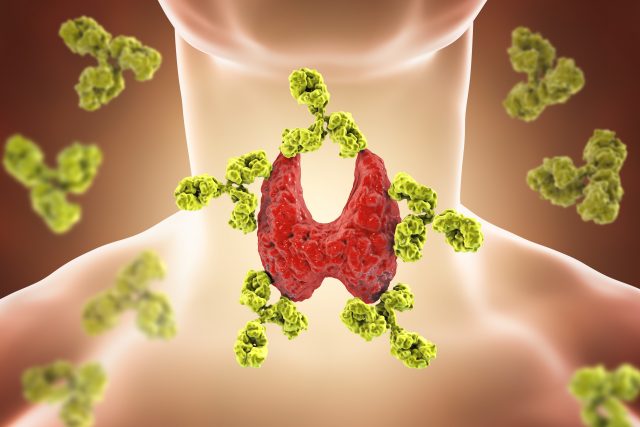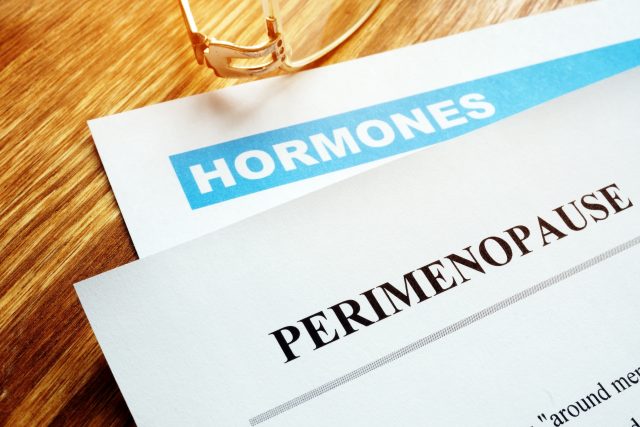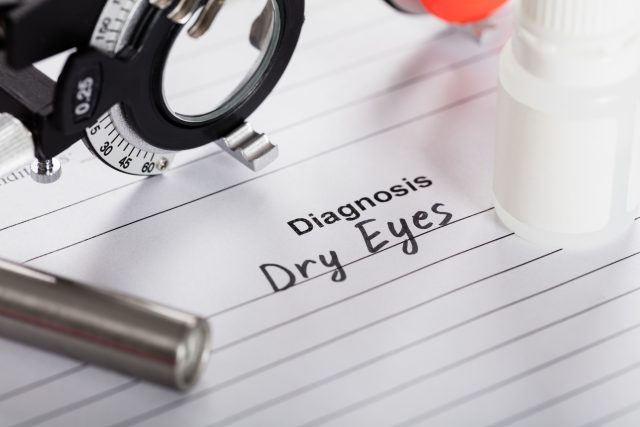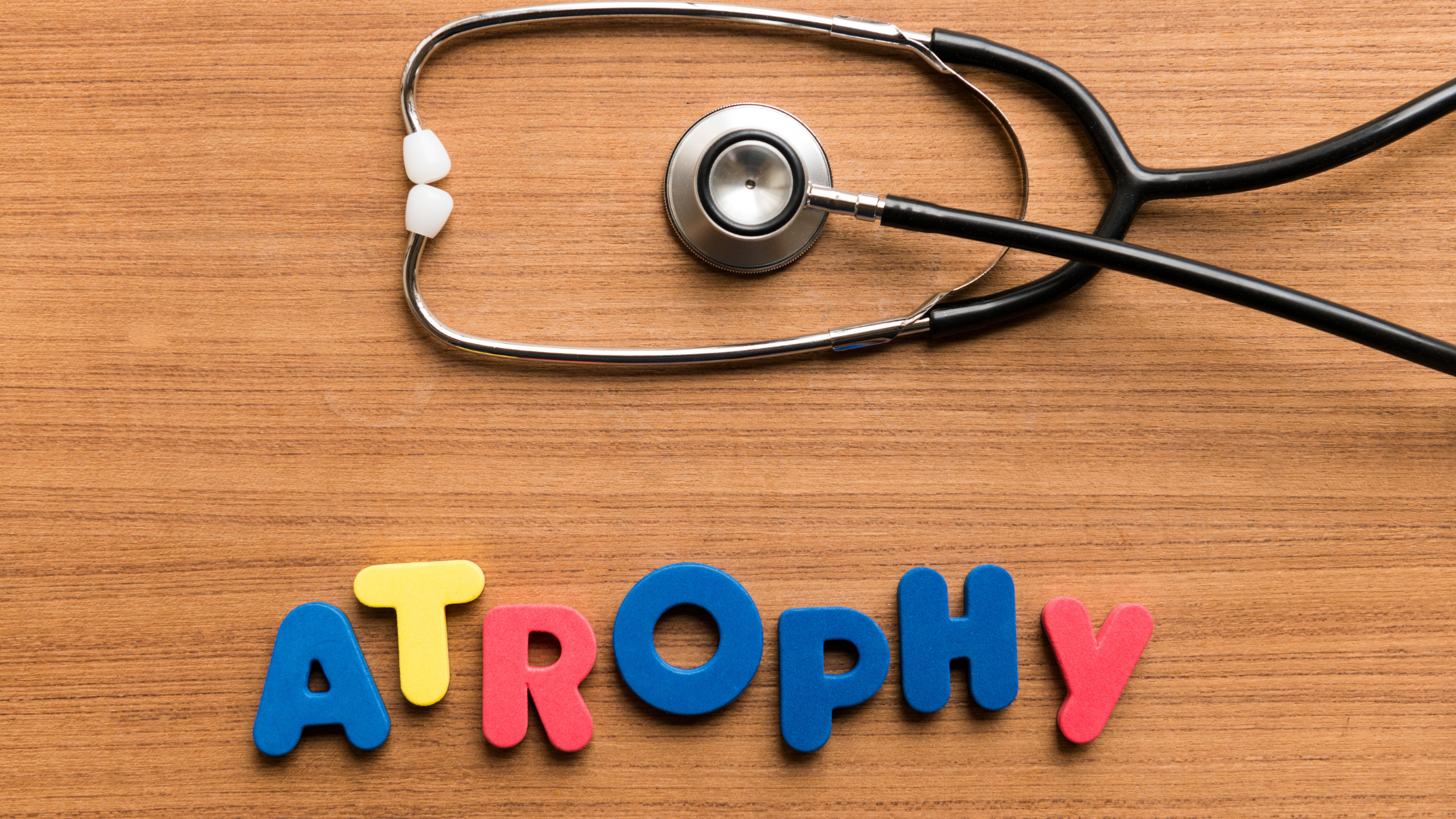What Happens During Menopause?
During menopause the ovaries decline and completely cease making hormones. The main hormones the ovaries make are estrogen and progesterone. Menarche marks the beginning of a young woman starting her monthly cycle. During a monthly cycle, estrogen and progesterone are produced by the ovaries.
After menarche a woman will continue to have periods/menses unless she becomes pregnant or reaches menopause. Menopause is defined by the lack of a period for one year or 12 months. If a woman has not had a period for 12 months then she has entered menopause.
Now there are other conditions that cause a lack of period, some including pregnancy, polycystic ovary syndrome, premature ovarian failure. But in this case we are not talking about these conditions, but will go over these in other blog posts. A hysterectomy, which is the removal of the uterus will cause a woman to stop having periods. This is because without a uterus there is no endometrial uterine lining to slough off every month for a period.
Sometimes the ovaries are spared and just the uterus is removed with a hysterectomy. In this case, while a woman will never menstruate and is no longer fertile, she is not menopausal because her ovaries are still producing estrogen and progesterone. If the ovaries are not spared in a hysterectomy and are removed, called an oophorectomy, she will immediately be thrown into menopause.
During a female hormone cycle the first half of the cycle is mainly influenced by the rise of estrogen. The rise of estrogen causes the endometrial lining of the uterus to thicken and a mature egg to develop. Mid-cycle between days 12-14 of a female cycle, ovulation will occur. The last half of cycle is marked by the rise in progesterone. This rise in progesterone will help develop the architecture of the uterine lining.
If there is no conception (pregnancy), then by the end of the cycle (day 28) the uterine lining begins to slough off creating a period/menses. Once a woman has entered menopause she is no longer fertile. She is no longer fertile because estrogen and progesterone are essential in causing ovulation.
Summary:
During menopause a woman’s ovaries stop producing the hormones, estrogen and progesterone. The decline in estrogen and progesterone signifies she will no longer ovulate meaning she will not be fertile. From this point forward she will no longer have her period/menses unless she has had a previous hysterectomy.
